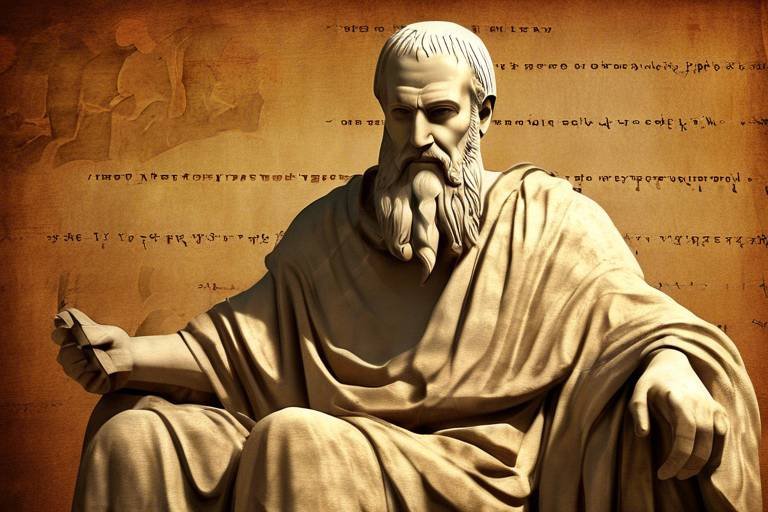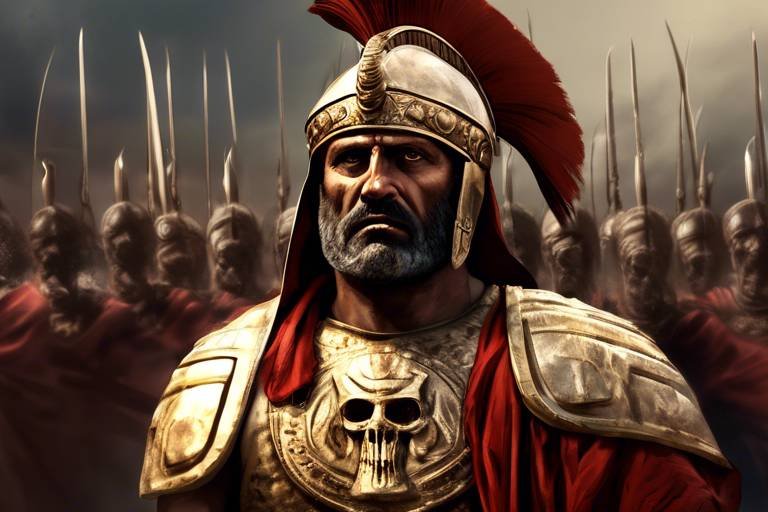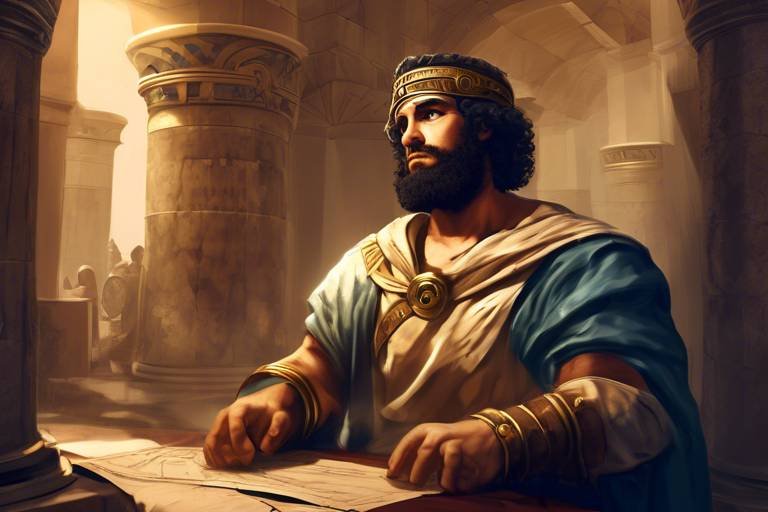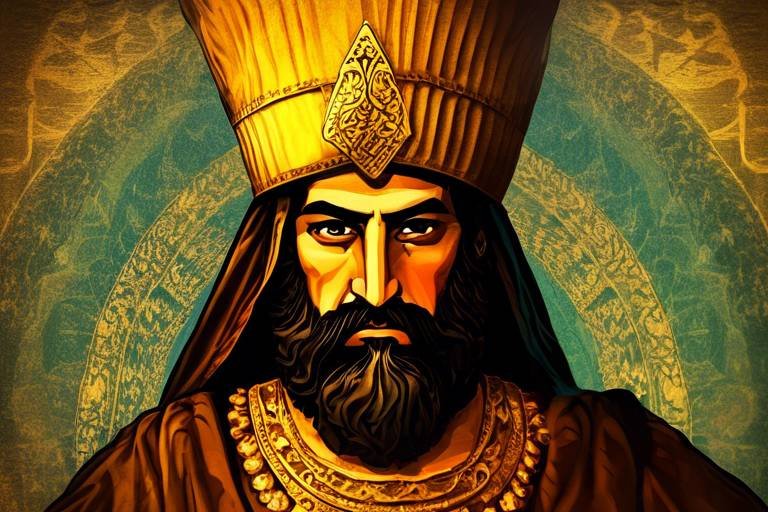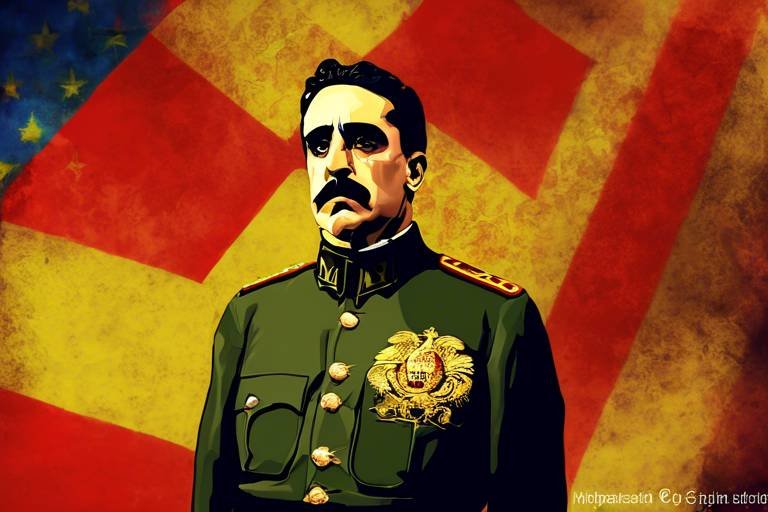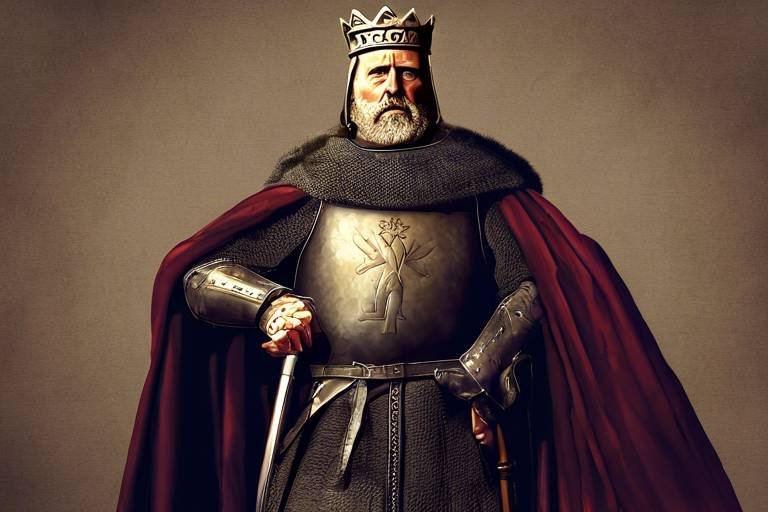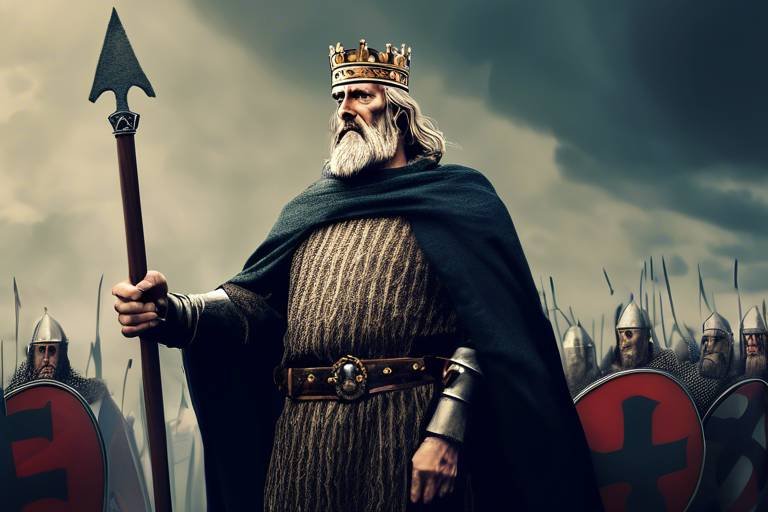Mikhail Gorbachev: The Reformer of the Soviet Union
Mikhail Gorbachev, a name that resonates with change and transformation, stands as a pivotal figure in the history of the Soviet Union. His leadership marked a significant shift in the political landscape of the country, introducing reforms that would ultimately shape the future of not only the USSR but the entire world.
Born in 1931 in the small village of Privolnoye, Gorbachev's early life was shaped by the tumultuous events of World War II and the subsequent rebuilding of the Soviet Union under Stalin's rule. Despite these challenges, he pursued his education with determination, eventually rising through the ranks of the Communist Party to become its General Secretary in 1985.
One of Gorbachev's most notable contributions was the policy of glasnost, meaning openness and transparency. This initiative aimed to bring about a more open society, allowing for greater freedom of speech and press. By lifting the veil of secrecy that had shrouded the Soviet government for decades, Gorbachev sought to foster a more honest and accountable political system.
Alongside glasnost, Gorbachev introduced perestroika, a restructuring of the Soviet economy and political system. This reform agenda aimed to modernize the country, making it more competitive on the global stage. By decentralizing economic decision-making and encouraging private enterprise, Gorbachev hoped to revitalize the stagnant Soviet economy.
However, Gorbachev's reforms faced fierce opposition from hardliners within the Communist Party who feared the loss of their power and influence. The resistance he encountered highlighted the deep-seated challenges of implementing change in a deeply entrenched political system.
Despite these obstacles, Gorbachev's efforts played a crucial role in ending the Cold War. Through diplomatic negotiations with the United States and other Western powers, he helped thaw the icy relations between East and West, paving the way for a new era of cooperation and peace.
Yet, the end of the Cold War also marked the beginning of the end for the Soviet Union. The pressures of economic stagnation, ethnic tensions, and calls for independence from its constituent republics ultimately led to the dissolution of the USSR in 1991, a momentous event that reshaped the geopolitical landscape.
Gorbachev's legacy as a reformer is a complex one, marked by both praise and criticism. While he was awarded the Nobel Peace Prize for his efforts to promote peace and disarmament, many within Russia view him with mixed feelings, holding him partly responsible for the collapse of the Soviet Union.
After leaving office, Gorbachev remained active in public life, advocating for political reform and engaging in international affairs. His insights into contemporary Russian politics and his reflections on the events that shaped his legacy continue to offer valuable perspectives on the challenges of governance and diplomacy in a rapidly changing world.
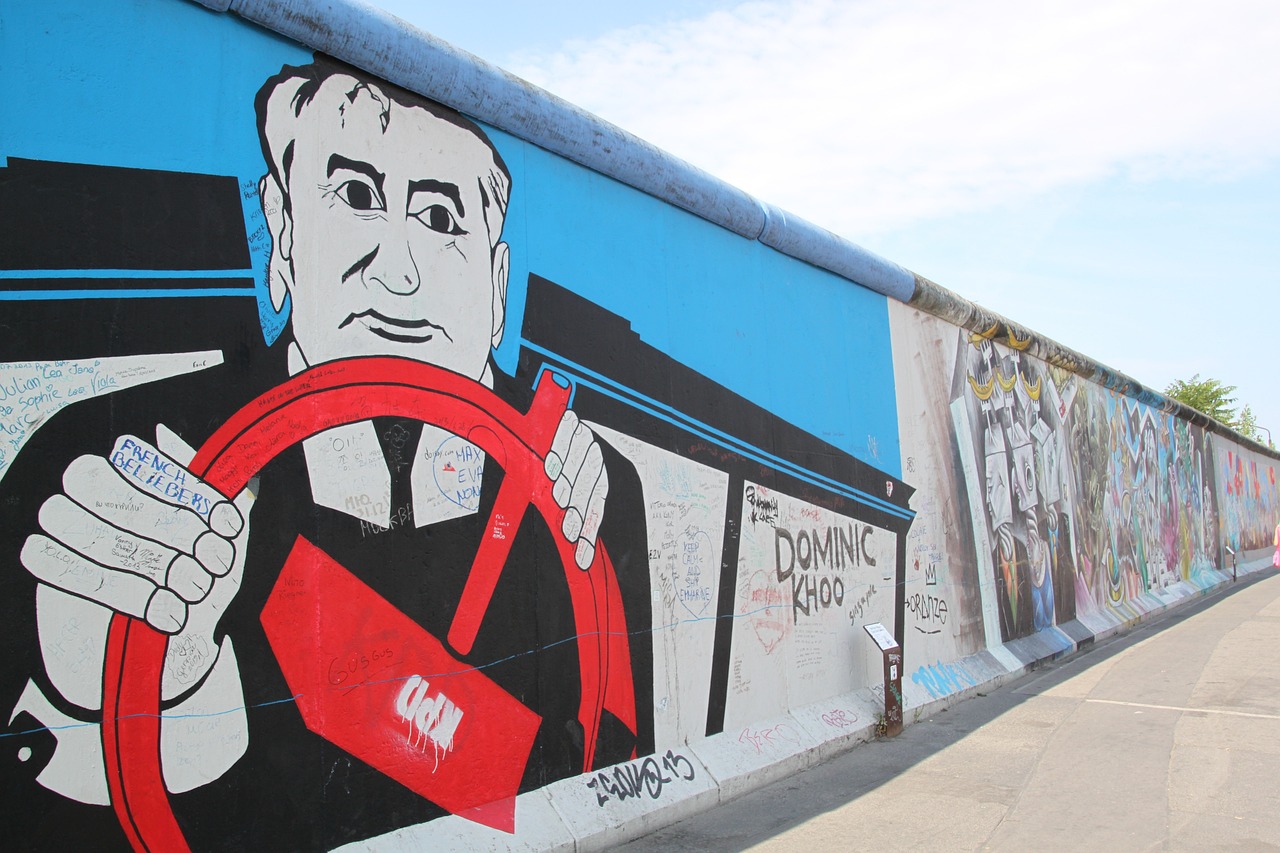
Early Life and Rise to Power
Mikhail Gorbachev was born on March 2, 1931, in the small village of Privolnoye in the Soviet Union. Growing up during a time of political upheaval and war, Gorbachev experienced firsthand the hardships faced by many Soviet citizens. Despite the challenges, he excelled academically and went on to study law at Moscow State University, where he became involved in politics and joined the Communist Party.
His rise to power was gradual but steady. Gorbachev's charisma and intelligence caught the attention of Soviet leaders, and he quickly climbed the ranks within the Communist Party. In 1985, after the death of Konstantin Chernenko, Gorbachev was elected as the General Secretary of the Communist Party of the Soviet Union, marking the beginning of a new era in Soviet politics.
As a young leader, Gorbachev brought a fresh perspective to the Soviet government. His progressive ideas and willingness to challenge the status quo set him apart from his predecessors. Gorbachev's commitment to reform and modernization resonated with many Soviet citizens who were eager for change and improvement in their country.
Despite facing initial skepticism from some party members, Gorbachev's popularity grew as he implemented various reforms aimed at revitalizing the Soviet Union. His vision for a more open and dynamic society gained momentum, leading to the eventual introduction of his groundbreaking policies of glasnost and perestroika.
Through his early life experiences and strategic political maneuvers, Gorbachev positioned himself as a transformative figure in Soviet history. His journey from a humble village to the pinnacle of Soviet power exemplifies the remarkable trajectory of a leader who would reshape the course of an entire nation.
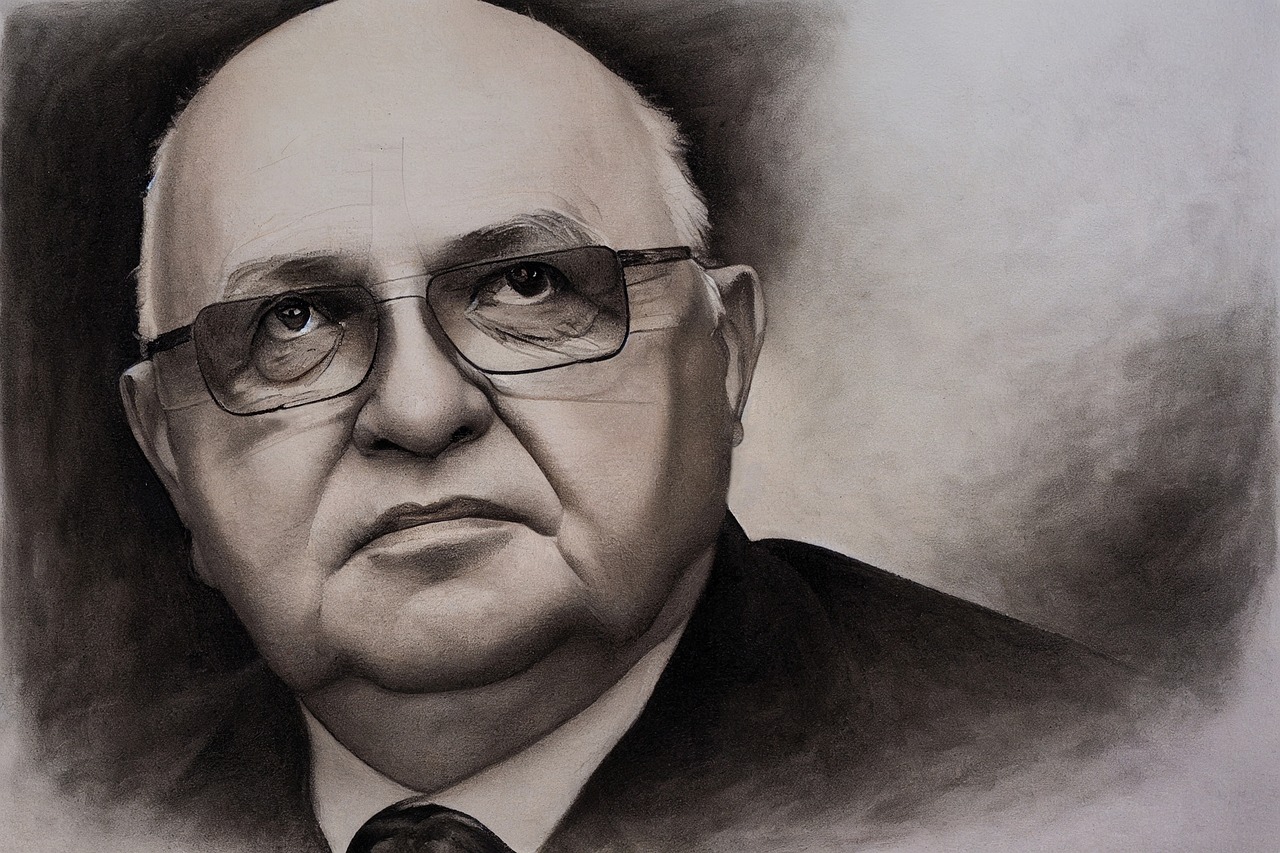
Glasnost: Openness and Transparency
Glasnost, a term meaning "openness" in Russian, was a pivotal policy introduced by Mikhail Gorbachev during his leadership of the Soviet Union. This initiative aimed to bring about transparency in the government and society, marking a significant departure from the secrecy and censorship that had characterized Soviet governance for decades.
Through Glasnost, Gorbachev sought to foster a more open dialogue within the Soviet Union, allowing for increased freedom of speech, press, and expression. This newfound transparency was intended to enable citizens to voice their opinions, discuss social issues, and participate more actively in public life without fear of reprisal.
By lifting restrictions on media and public discourse, Glasnost paved the way for a wave of cultural and intellectual freedom in the Soviet Union. Artists, writers, and thinkers were able to explore previously taboo subjects, leading to a flourishing of creativity and critical thinking that had long been suppressed.
However, the implementation of Glasnost was not without challenges. The newfound openness also brought to light deep-seated social and political problems within the Soviet system, exposing corruption, inefficiencies, and discontent among the population. This transparency ultimately contributed to the erosion of the Soviet regime's authority and control.
Overall, Glasnost played a crucial role in reshaping the Soviet Union, laying the groundwork for broader reforms and ultimately contributing to the transformation of the country under Gorbachev's leadership.
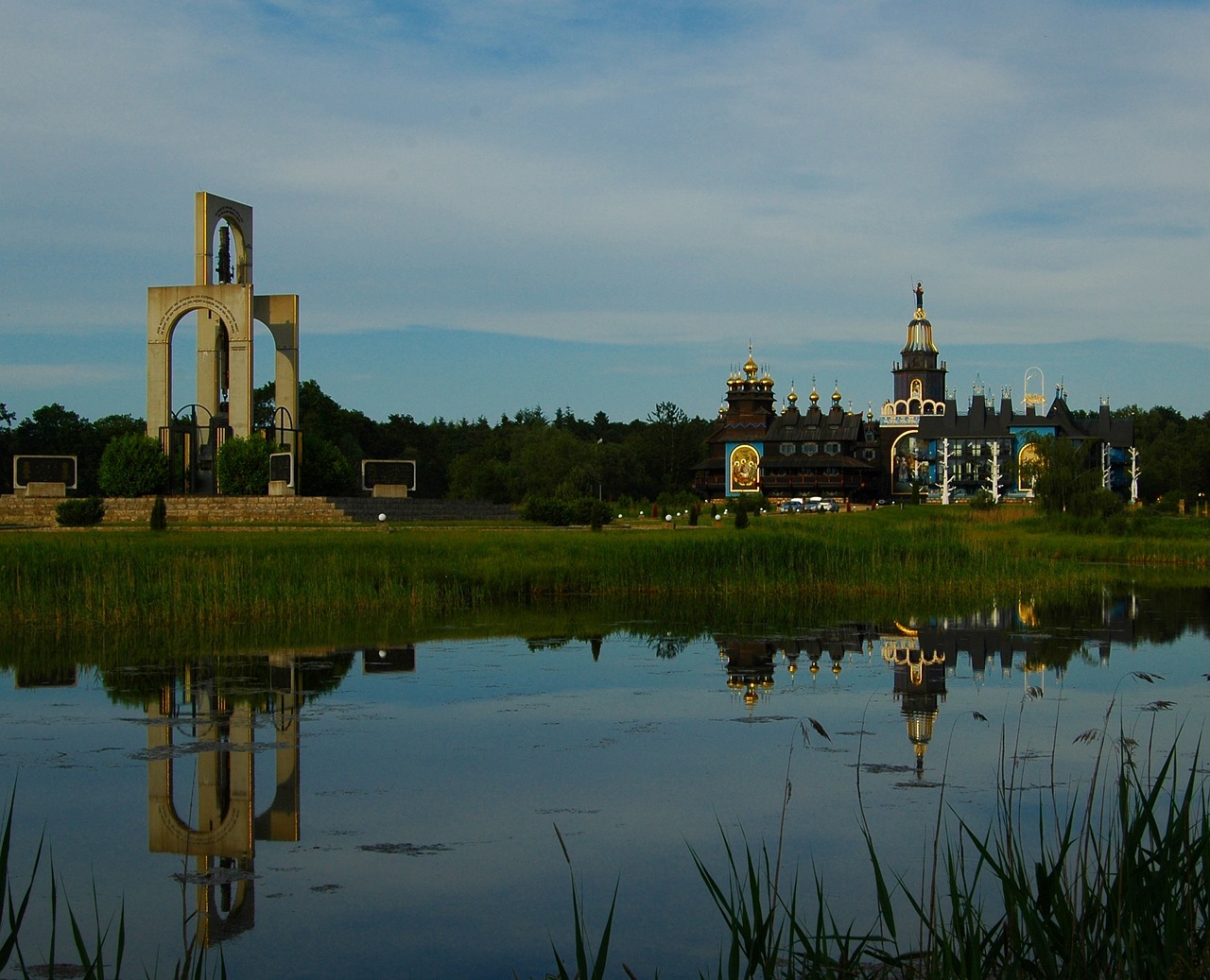
Perestroika: Restructuring the System
Perestroika, a term meaning "restructuring," was a key component of Mikhail Gorbachev's reform agenda for the Soviet Union. It aimed to modernize the country's economy and political system, moving away from the centralized planning of the past towards a more market-oriented approach. Gorbachev recognized the need for change in order to revitalize the Soviet Union and improve its standing on the world stage.
One of the central aspects of perestroika was the introduction of elements of capitalism into the Soviet economy. This included allowing for more private ownership of businesses and giving enterprises more autonomy in decision-making. The hope was that these reforms would stimulate economic growth and innovation, making the Soviet Union more competitive in the global market.
Furthermore, perestroika sought to decentralize political power, giving more authority to local governments and reducing the control of the central government. This shift was intended to increase efficiency and responsiveness in governance, as well as to address long-standing issues of corruption and bureaucracy.
However, the implementation of perestroika was not without challenges. The sudden shift towards a more open and market-driven system created disruptions and uncertainties, leading to economic instability and social unrest. Many were resistant to the changes, particularly those who benefited from the old system or feared losing their privileges.
Despite these difficulties, perestroika represented a bold attempt to overhaul the Soviet Union's outdated structures and bring about much-needed reforms. While its ultimate impact may have been mixed, it remains a significant chapter in the history of the country and in Gorbachev's legacy as a reformer.
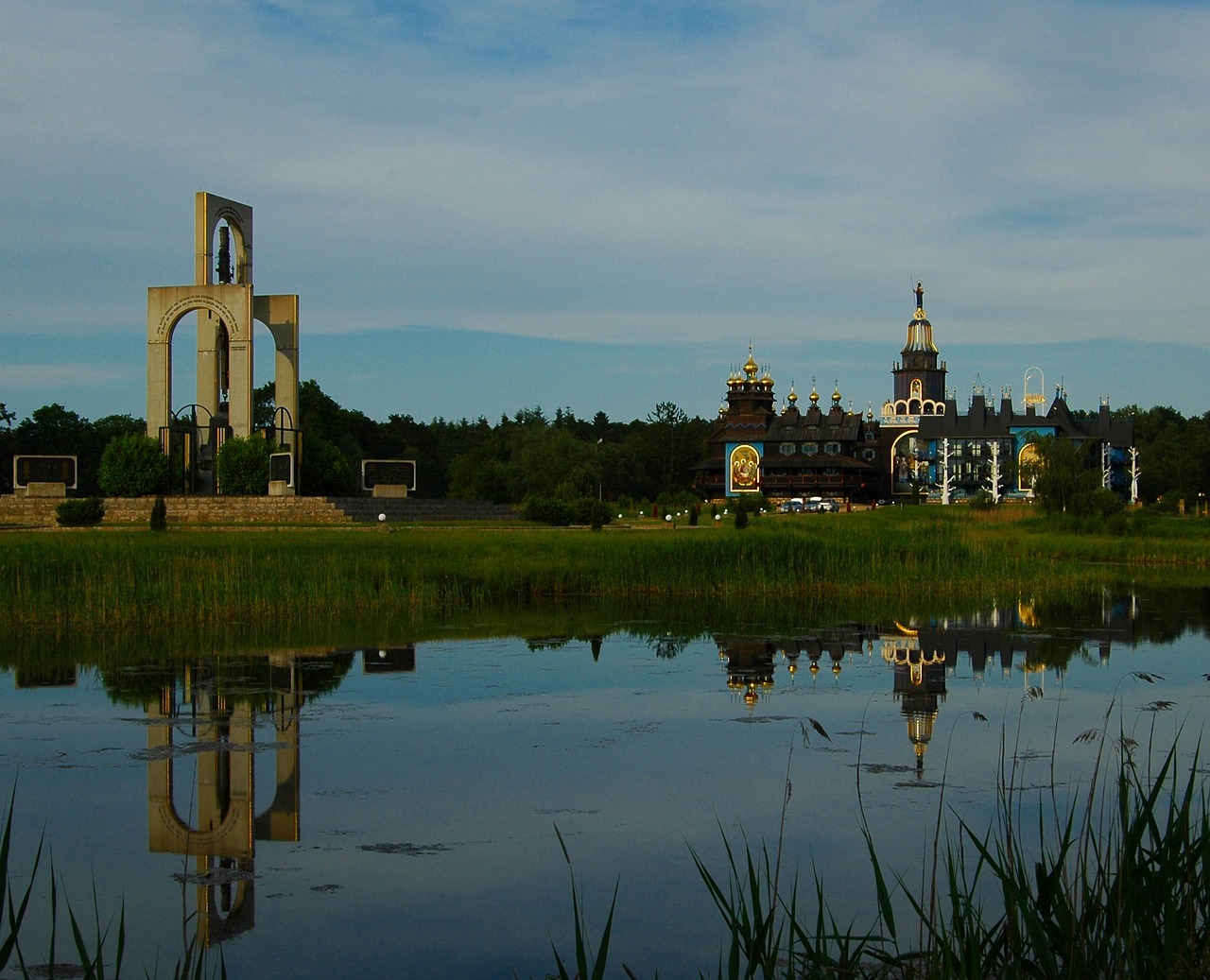
Challenges and Opposition
As Mikhail Gorbachev embarked on his ambitious journey of reforming the Soviet Union, he encountered significant challenges and fierce opposition from various factions within the Communist Party. The hardliners, entrenched in the old ways of the Soviet regime, viewed Gorbachev's policies of glasnost and perestroika as a threat to their power and the stability of the country. These conservative elements resisted the changes proposed by Gorbachev, fearing the erosion of their control and influence.
Moreover, implementing reforms in a vast and complex system like the Soviet Union was no easy task. The bureaucratic machinery, plagued by inefficiencies and corruption, posed a formidable obstacle to Gorbachev's efforts to modernize the economy and political structure. The inertia of the entrenched establishment hindered the smooth execution of his reform agenda, leading to frustration and delays in achieving desired outcomes.
Additionally, Gorbachev faced opposition from nationalists in the constituent republics of the Soviet Union, who saw his reforms as a threat to their aspirations for greater autonomy or independence. The simmering ethnic tensions within the multi-ethnic Soviet state added another layer of complexity to Gorbachev's reform agenda, testing his ability to maintain unity amidst growing dissent and separatist movements.
Despite these challenges and opposition, Gorbachev remained steadfast in his commitment to bring about change and transform the Soviet Union into a more open and dynamic society. His resilience in the face of adversity and willingness to engage in dialogue with different stakeholders exemplified his leadership style, marked by a blend of pragmatism and idealism.
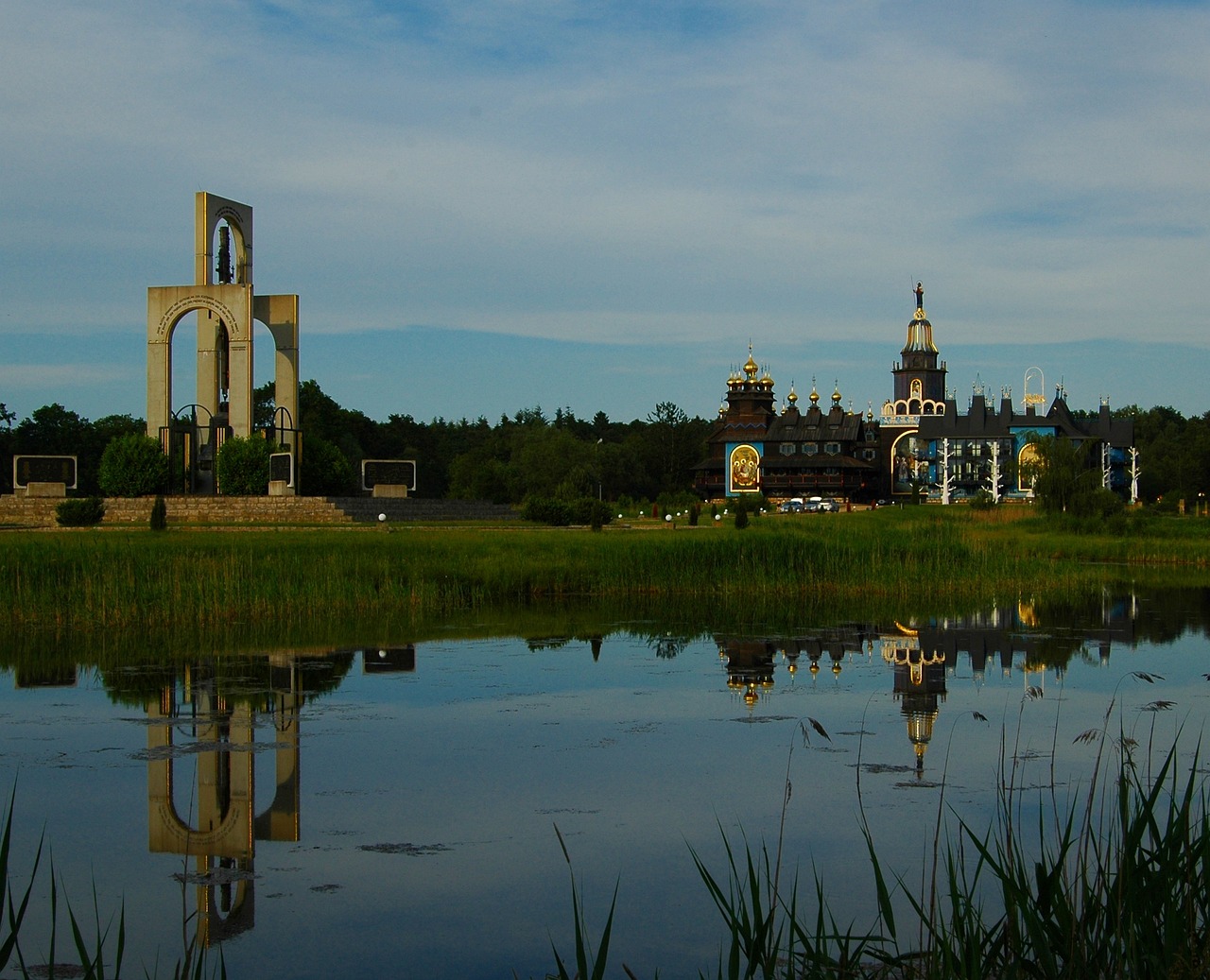
The End of the Cold War
As the Cold War reached its climax, Mikhail Gorbachev emerged as a key figure in bringing about its end through a series of diplomatic efforts and groundbreaking policies. Gorbachev's willingness to engage in dialogue with the United States and other Western powers played a crucial role in de-escalating tensions and fostering a spirit of cooperation.
One of the pivotal moments in Gorbachev's efforts to end the Cold War was the signing of the Intermediate-Range Nuclear Forces (INF) Treaty with the United States in 1987. This historic agreement marked a significant step towards reducing the nuclear arsenals of both superpowers and easing fears of a catastrophic nuclear conflict.
Gorbachev's commitment to arms control and disarmament further contributed to the thawing of relations between East and West. By advocating for mutual reductions in military spending and promoting a more open dialogue on security issues, he helped to build trust and confidence between the rival blocs.
Moreover, Gorbachev's policy of glasnost, which encouraged greater openness and transparency in Soviet society, played a role in fostering a more constructive relationship with the West. The increased freedom of expression and exchange of ideas allowed for greater cultural exchanges and grassroots diplomacy, paving the way for improved relations.
Ultimately, Gorbachev's visionary leadership and willingness to embrace change were instrumental in bringing about the end of the Cold War. His efforts to bridge the divide between East and West and pursue a path of peaceful coexistence set the stage for a new era of international relations based on cooperation and mutual respect.
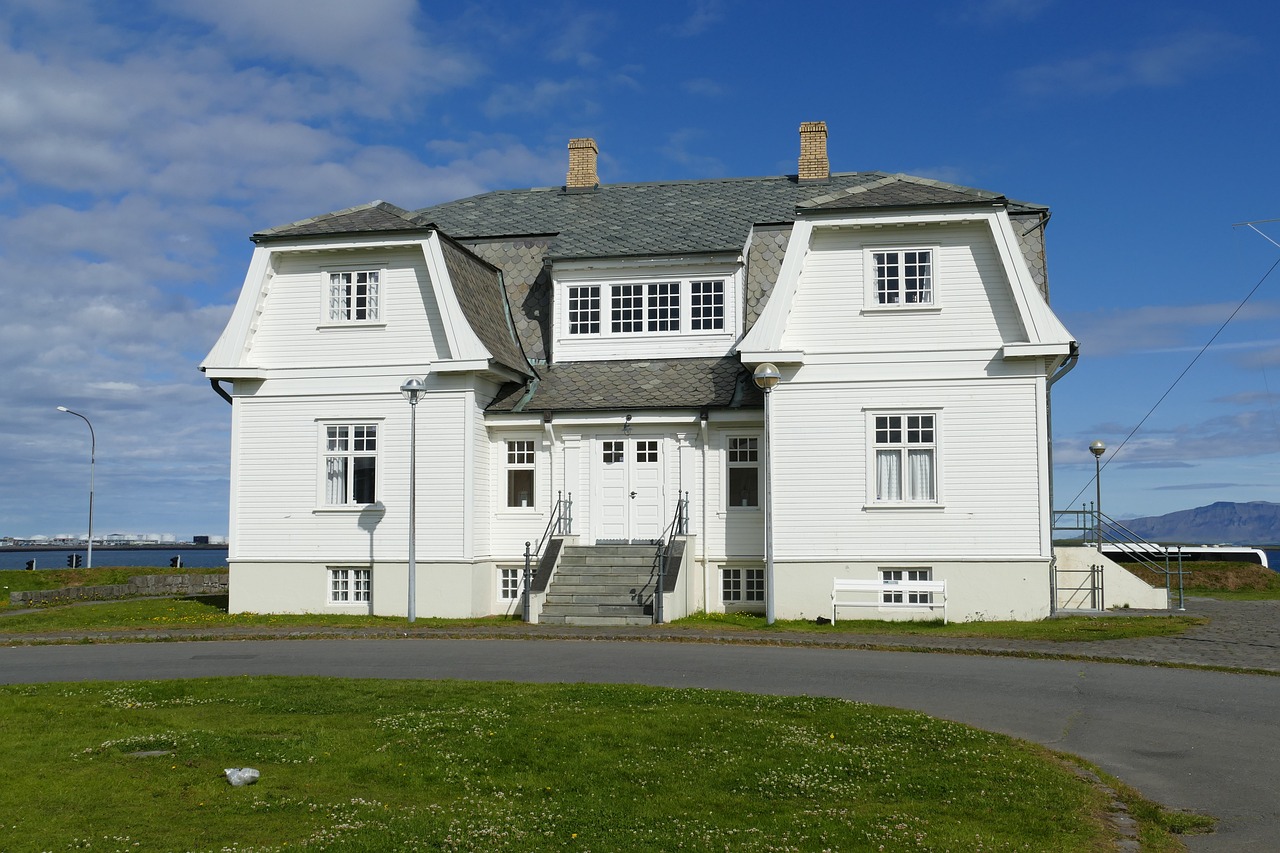
Collapse of the Soviet Union
As the Soviet Union approached the late 1980s, the once formidable empire began to show signs of weakness and instability. Mikhail Gorbachev's leadership, marked by his bold reforms of glasnost and perestroika, inadvertently set in motion a chain of events that ultimately led to the collapse of the Soviet Union.
Gorbachev's policies of openness and restructuring aimed to revitalize the stagnating Soviet economy and political system. However, these reforms also exposed the deep-rooted problems and inefficiencies within the Soviet government and society, leading to widespread discontent and unrest.
The dissolution of the Soviet Union was not a sudden event but rather a gradual process marked by increasing political turmoil and calls for independence from the various republics that made up the union. Gorbachev's attempts to hold the union together through negotiations and concessions ultimately proved futile as the republics sought autonomy and self-determination.
The collapse of the Soviet Union in 1991 marked the end of an era and the beginning of a new chapter in world history. The once mighty superpower was no more, replaced by a collection of independent states seeking their own paths forward. The fall of the Soviet Union had far-reaching geopolitical consequences, reshaping the global balance of power and ushering in a new era of international relations.
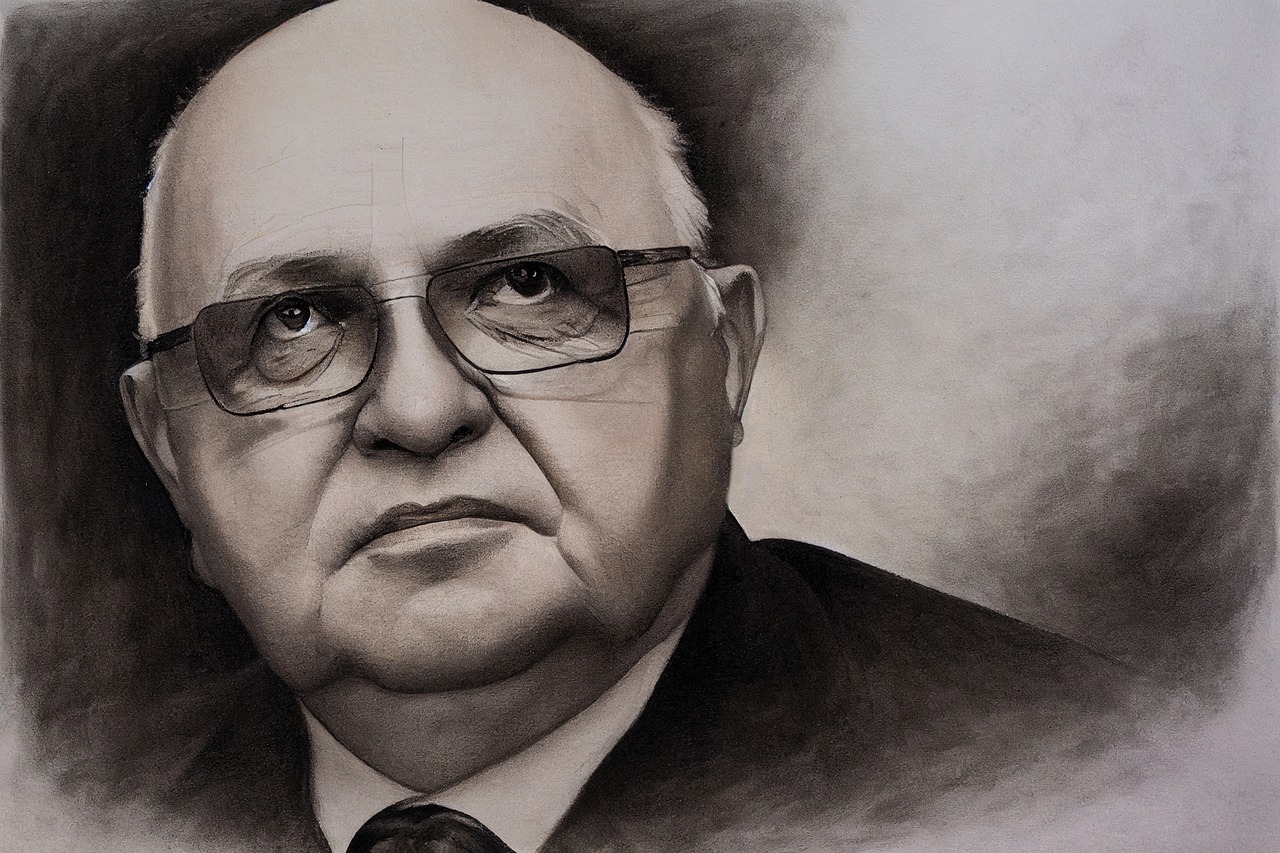
Legacy and Criticisms
As a reformer of unprecedented scale, Mikhail Gorbachev left a lasting legacy on the Soviet Union and the world stage. His policies of glasnost and perestroika aimed to bring openness and restructuring to the Soviet system, marking a significant departure from the rigid control of previous leaders. Gorbachev's efforts earned him the Nobel Peace Prize in 1990 for his role in ending the Cold War, a testament to his impact on global politics.
However, Gorbachev's legacy is not without its criticisms. While some praise him for his efforts to bring about much-needed change, others blame him for the eventual collapse of the Soviet Union. The rapid pace of reform under perestroika led to economic instability and social unrest, contributing to the dissolution of the Soviet state and the independence of its constituent republics.
Furthermore, Gorbachev's leadership has been questioned for its inability to navigate the turbulent waters of post-Soviet Russia. Many critics argue that his policies paved the way for the rise of oligarchs and the chaotic transition to a market economy, leading to widespread poverty and inequality in the region.
Despite these criticisms, Gorbachev remains a pivotal figure in modern history, hailed by some as a visionary who sought to bring democracy and freedom to the Soviet Union. His legacy continues to spark debate and reflection on the complexities of political reform and the challenges of leading a nation through times of upheaval and transformation.
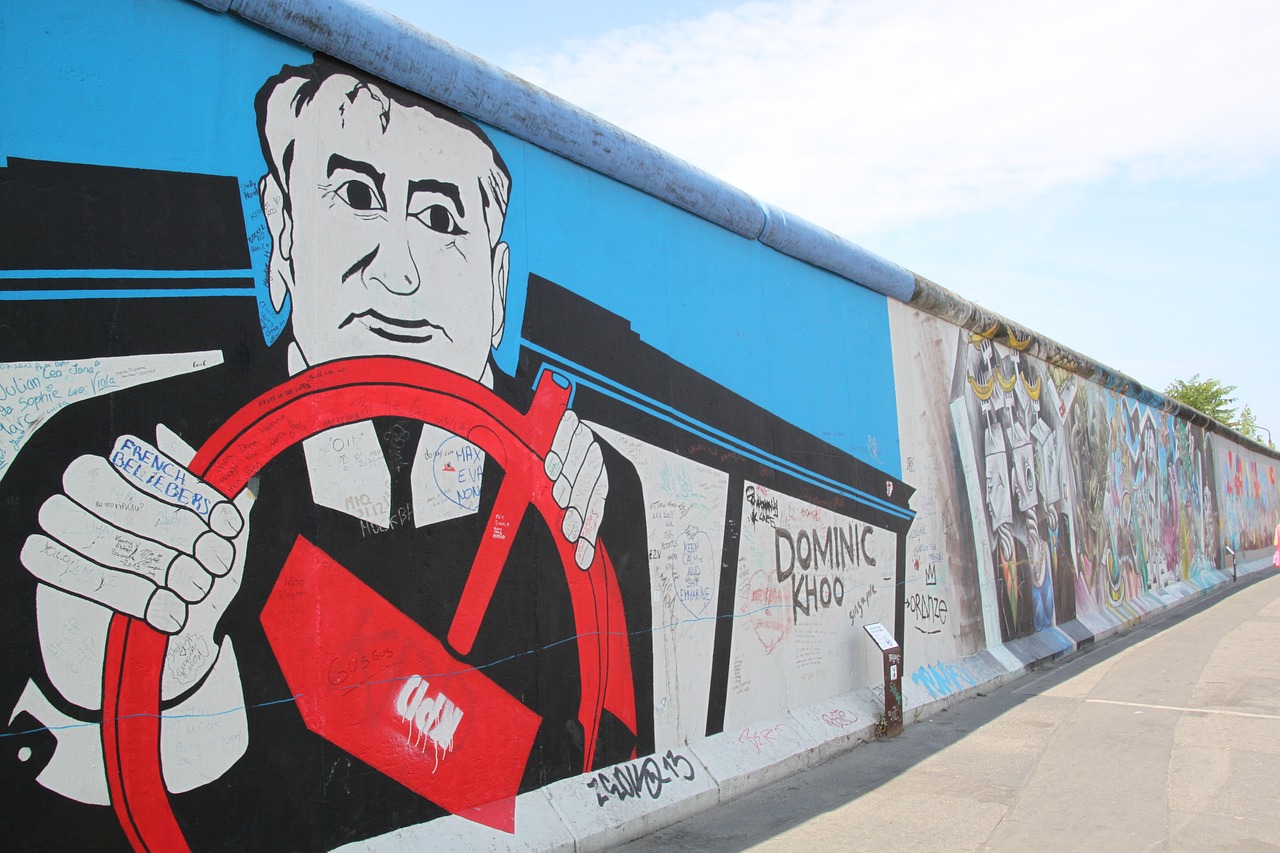
Post-Soviet Life and Impact
After leaving office in 1991 following the collapse of the Soviet Union, Mikhail Gorbachev continued to play a prominent role in Russian and international politics. Despite facing criticism for the dissolution of the Soviet Union, Gorbachev remained active in advocating for democracy and human rights. He founded the Gorbachev Foundation, a non-profit organization dedicated to promoting peace and social justice.
Gorbachev's post-Soviet life has been marked by his efforts to foster dialogue between Russia and the West, emphasizing the importance of cooperation and diplomacy in a rapidly changing world. He has been a vocal critic of Russian President Vladimir Putin's policies, calling for greater political freedoms and democratic reforms in Russia.
Throughout his post-Soviet life, Gorbachev has continued to engage with global issues, speaking out on environmental protection, nuclear disarmament, and the need for international cooperation. His impact on shaping the contemporary geopolitical landscape is undeniable, as his legacy as a reformer and peacemaker continues to inspire new generations of leaders.
Frequently Asked Questions
- What were the main reforms introduced by Mikhail Gorbachev?
Mikhail Gorbachev implemented two key reforms during his leadership of the Soviet Union: glasnost and perestroika. Glasnost, meaning "openness," aimed to increase transparency in the government, allowing for more freedom of speech and press. Perestroika, meaning "restructuring," focused on modernizing the Soviet economy and political system.
- How did Mikhail Gorbachev contribute to the end of the Cold War?
Gorbachev played a significant role in ending the Cold War through diplomatic efforts with the United States and other Western powers. His willingness to engage in dialogue and negotiate arms control agreements helped ease tensions and ultimately led to the peaceful resolution of the conflict.
- What challenges did Mikhail Gorbachev face during his leadership?
Gorbachev faced resistance from hardliners within the Communist Party who opposed his reforms. Implementing changes in a deeply entrenched system proved difficult, and the economic and political turmoil that followed his reforms contributed to the eventual collapse of the Soviet Union.
- What is Mikhail Gorbachev's legacy?
Gorbachev is remembered as a reformer who brought significant changes to the Soviet Union. He was awarded the Nobel Peace Prize for his efforts in ending the Cold War. However, his leadership is also met with mixed reactions, as some criticize him for the dissolution of the Soviet Union and the challenges that followed.


